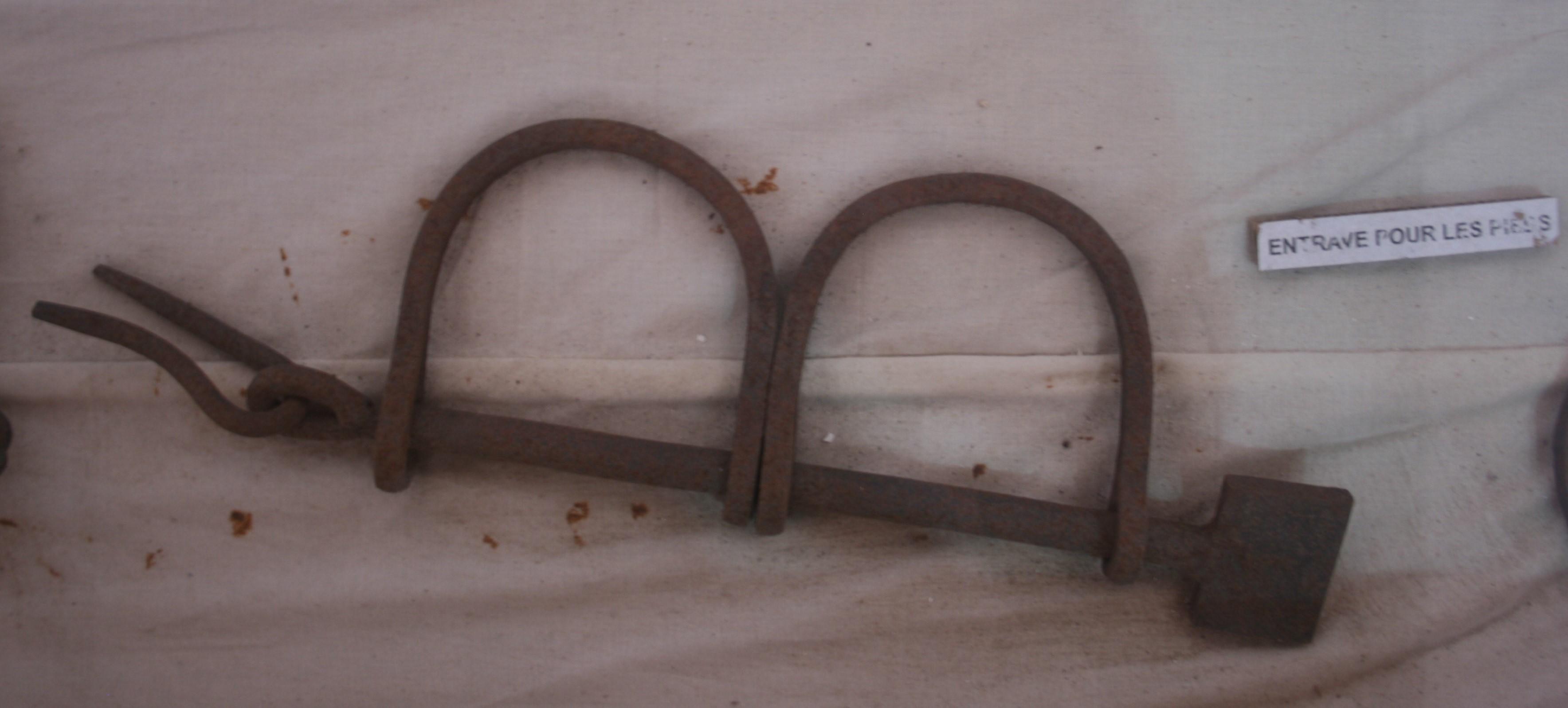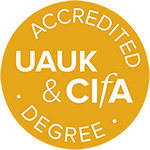
This is a pilot project aimed at developing an interdisciplinary approach to research on the legacies of enslavement and emancipation in Senegal, West Africa. The project is situated within the context of renewed archaeological engagements with local communities and paralell changes in anthropological practices, with an emphasis on activism, student training and constructive partnerships between scholars of the global South and of the global North on the one hand and, between academics and communities on the other, for problem solving initiatives particularly among historically marginalized and desenfranchised populations.
The project will undertake the first archaeological study of a sample of villages de liberté in Senegal. These were deliberately created as part of emancipation processes initiated by French colonial authorities at the end of the nineteenth century. The goals are to document the material remains of this process, identify how local communities memorialise emancipation, and how they value the tangible and intangible heritage of emancipation. In the longer term, the project will work with artists, community activists, teachers and students to disseminate this knowledge and explore its connections with current forms of slavery in West Africa. In revisiting the history and heritage of the ‘Freedom Villages’ via archaeology, oral traditions and archival documentary sources, and using that information to engage local communities in understanding their complexity through visual and performative arts, the project will use heritage and the arts to elicit novel conversations aimed at restoring the social cohesion and unity that were broken by the institution of slavery and its enduring legacies in the present.
The geographical focus is on the villages of Sor, Ndar Tout, Lampsar and Merinaghen, and some of the former dependencies of Saint Louis along the Senegal River including Podor and Matam. Slave holding continued here well into the 20th century and has enduring and profound social and political implications in the present. In northern Senegal there are still strong descendent communities identified by Fulani speakers as macudo (sing. ‘slave’). While enslaved individuals continue to be so identified in the present and have a certain visibility in the archival records, their settlements (e.g. freedom villages) have never been subject to archaeological investigation in this part of Senegal. There are also recoverable oral traditions from the descendants of the enslaved.
Funding: Cambridge-Africa Alborada Fund, 2019-21 (Covid-19 extension)
External Partners:
- Professor Ibrahima Thiaw, IFAN, University Cheikh Anta Diop, Dakar,Senegal – Co-PI
- Dr Charlotte Joy, Department of Anthropology, Goldsmiths, University of London – Co-I
Image: Slave shackles, Maison des esclaves, Gorée Island, Dakar, Senegal. Photo: P. Lane
Cambridge-Africa Alborada Fund


